Community Voices - Manuel Espinoza
- Hits: 3575
- 0 Comments
- Subscribe to updates
- Bookmark
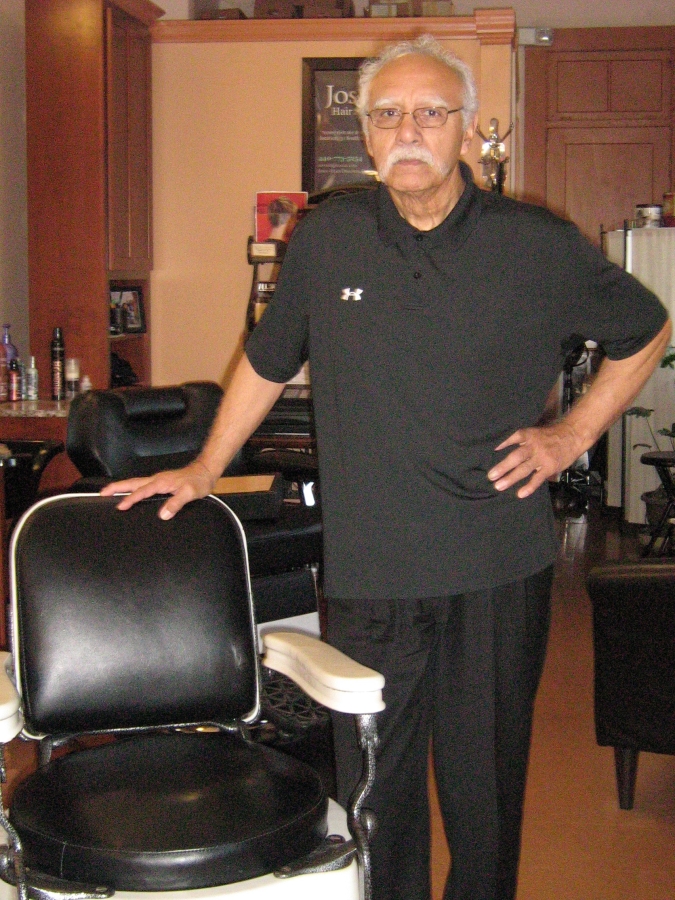 Manuel EspinozaWhen Mr. Manuel Espinoza first came to Oberlin in 1964 for a job interview at the local barbershop, he knew right away that he wanted to stay. A self-identified “people person,” he enjoys interacting with his clients and making them look good, one haircut at a time.
Manuel EspinozaWhen Mr. Manuel Espinoza first came to Oberlin in 1964 for a job interview at the local barbershop, he knew right away that he wanted to stay. A self-identified “people person,” he enjoys interacting with his clients and making them look good, one haircut at a time. Q: What words or images would you use to describe Oberlin?
A: Oberlin…Lively, animated. Entertaining.
Q: Why would you choose those words?
Because I go through other towns and you hardly see any people on the streets. But you come to Oberlin and there’s students walking around, any day of the week…Most outside towns, Saturdays are busy days. Oberlin, every day you’ve got movement in town. From here, you can see all the people going to the Feve, walking by and going to the banks…and just the different people—the different countries walking around. It’s pretty cool.
Q: How is that you came to open your business in Oberlin?
A: It was back in 1964. I was an apprentice barber...Grew up in western Ohio and went to barber school in Toledo. I had my apprentice’s license but I couldn’t find any job that I really wanted to do over there. And then I was working as an apprentice hod-carrier—you mix mud for a plasterer—I set up the scaffolding and put the ladder up, and mixed the mud and the plaster, would do the walls…One day we were working in Toledo at a hotel and he [my boss] went out to lunch and came back with the Cleveland Plain Dealer and there were three job openings in the wanted section. One was in Bedford, one was in North Ridgeville, and one was in Oberlin. Went to Bedford and interviewed there…They said I could come work the next day. Then I drove to North Ridgeville…and I went to Ron’s Barbershop and he said I could start the next day. And then I came to Oberlin and it was about noon and the kids were leaving their art lessons at the museum and we were at the crosswalk…and I said yep, I think I’ll stay here….I came in here…and I applied and he said yeah, you can start working tomorrow. So at noon, when he closed up the shop, we went over to a place called Martin’s Inn—a monthly rental place—and I got a room there for a month. And the next day I came to town.
I started working the next day, which was the first part of October. I had a year and a half apprenticeship and then in…March I came to work and Perry, my boss, says, “If you want to buy the barbershop, you should buy it today,” he says, “ ’Cause I’m retiring. If you don’t, you’ll be working for somebody else tomorrow.” So I bought it. And he packed up his tools and left, just like that. So that was pretty cool…That was about 1967.
When I was over there [in a different location], I got married and sent my wife to barber school and she was cutting hair. And we cut hair together—she was very good, she was excellent. We ended up getting a divorce…We remained good friends…She was looking for a place to open her own business and I said, well, come back to Oberlin. I said, you’re a hair stylist, a barber stylist; I’m just a barber. We’ll get along fine, you’ll have your customers and I’ll have mine. So she had a place right up the street, right next to Gibson’s—it was called A Cut Above—and she had a really good business going…I had Renee working with me, then after that, I just worked by myself. It worked out pretty good and I’ve been by myself since then. I call it quality control.
Q: Can you briefly describe the nature of your business and its function in the Oberlin community?
A: My business is making people look good.
Q: The word sustainability can be used to describe actions that promote the economic, social, and environmental well-being of a community. What does sustainability mean to you as an Oberlin resident and a business owner?
A: I don’t know how much a barbershop would apply to that, other than good grooming…Well… the town itself…you don’t have to go out of town to get whatever you need. Most of your needs are here. With that, I’d say Oberlin does pretty well. Self-sufficient, self-sustaining.
Q: I think longevity is part of it too, what you were saying about how you’ve been here since the 60s. I would say your business has definitely been sustainable.
A: I think I’ve changed when there needed to be change. When the long hair came in—in the mid-70s, the late 70s—Renee and I went to hair design school and learned to cut long hair and women’s hair and all that…You’ve got to go with the flow, not to extremes, just enough to rock the boat. So we changed as the times changed. I’m probably the first barbershop to have appointments. In town, no barbershops had appointments…I was the first guy who had a woman with me working as a barber. She got first chair…I was second chair—I deferred to my wife’s talents!
Q: What sustainable practices have you incorporated into your business practices?
A: I think one of them is the appointments because a lot of my clients, customers, they have time constraints. I have professors and college students and they have x amount of minutes to go between classes or before classes start and they’ll call up and set up an appointment. They’ll be in and out and guaranteed they won’t have to wait. I think that’s the biggest thing I’ve done. That, and consistency in the quality of the haircuts…I do all right, cutting hair. After 50 years…that says it all.
Q: Is it difficult to handle all the scheduling? What kind of system do you have worked out?
A: The system is—I go at 20-minute intervals. A good hair cut, the actual cutting action of the hair, takes about twelve minutes. To cut it right, make it look good. But you also have the set-up time, the client coming in. So I have a five-minute window. If you’re five minutes late, I’ll have to hurry your haircut and it’s not going to come out the way I want it to. And then the guy that has an appointment has to wait and he shouldn’t have to wait. So my thing is, if you’re five minutes late, I have to reschedule you, unless there’s nobody coming in afterwards. So my customers know that I’m not going to wait. The walk-ins are welcome, but they’ll have to wait if I have an appointment…I think that’s what’s kept me consistent.
The people who come here come here of their own volition, so it’s a great working environment. No one comes in here because they have to. You come here because you want to…50 years and I love my job. And if you love your job, you never spend a day at work.
Q: What sorts of economic development would you like to see in Oberlin?
A: I don’t know…I think specialty shops would probably be the best because anything else, you have…Walmart and all that competing with you and they’re going to undercut you and cut prices just to get people. And people are more bargain hunters than quality buyers and they’re going to go over there. An example in hair cutting: you’ve got Best Cuts, Fantastic Sam’s—these are like the fast food of haircuts. They serve a good purpose because there’s families with four or five kids and that’s a big chunk to pay out to give them haircuts, so you’re going to get them at half price…and they’re kids—kids are cute whether you cut their hair good or bad…I think unique stores would probably last longer [downtown] than anything that would have to compete with the big “box stores” as they call them…I never worried [those stores]. In my business, if I lose a customer, it’s not because of somebody else—it’s because of me.
Tags: Untagged

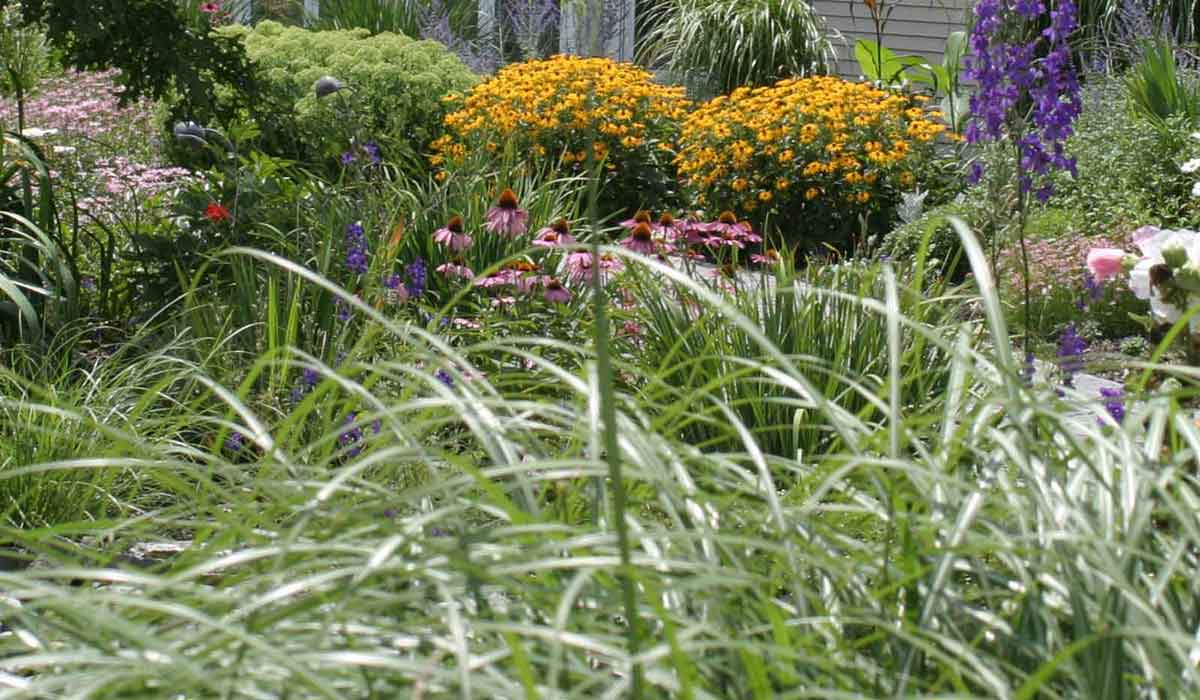
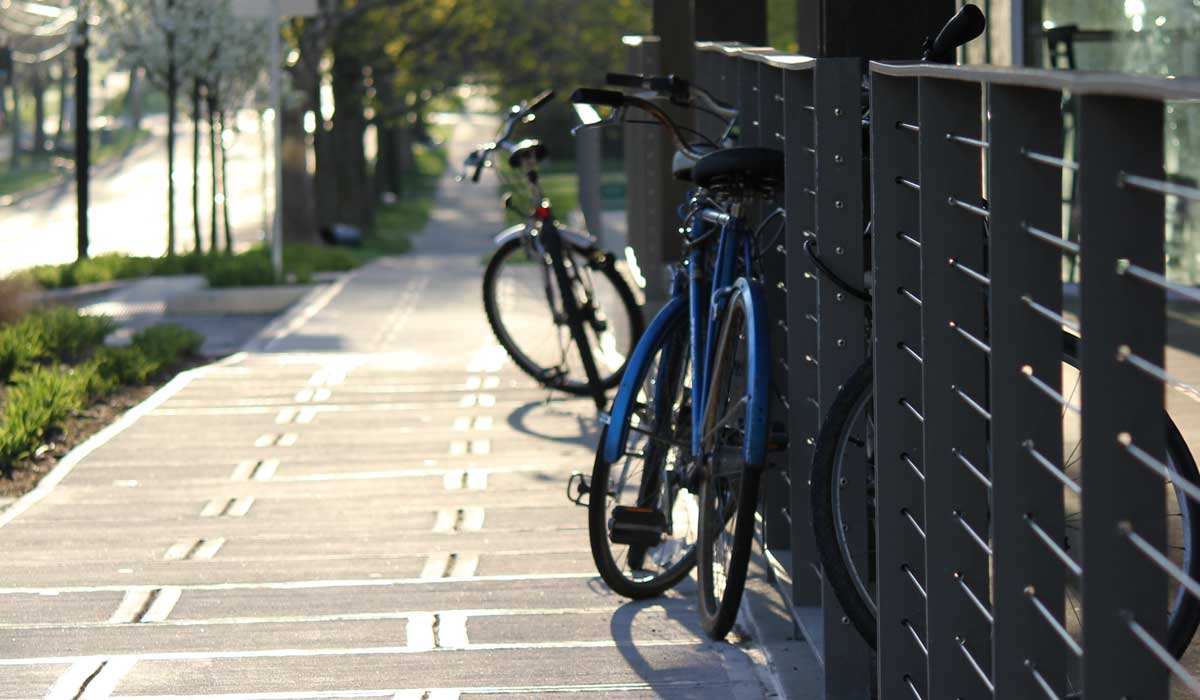
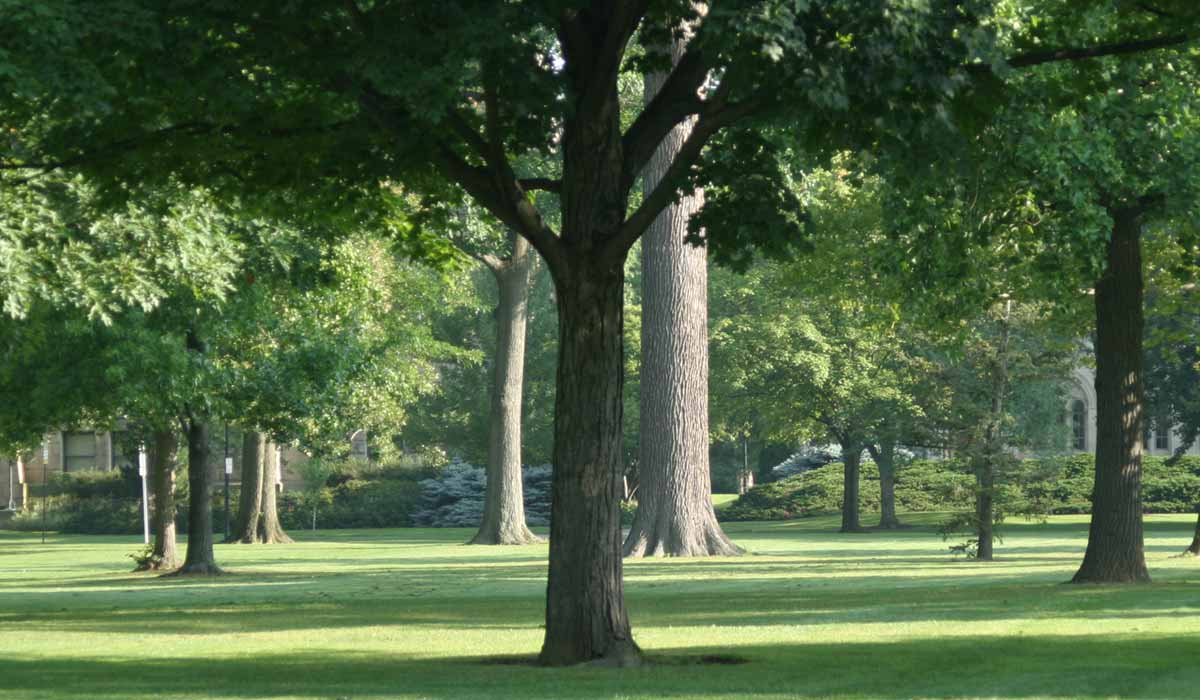
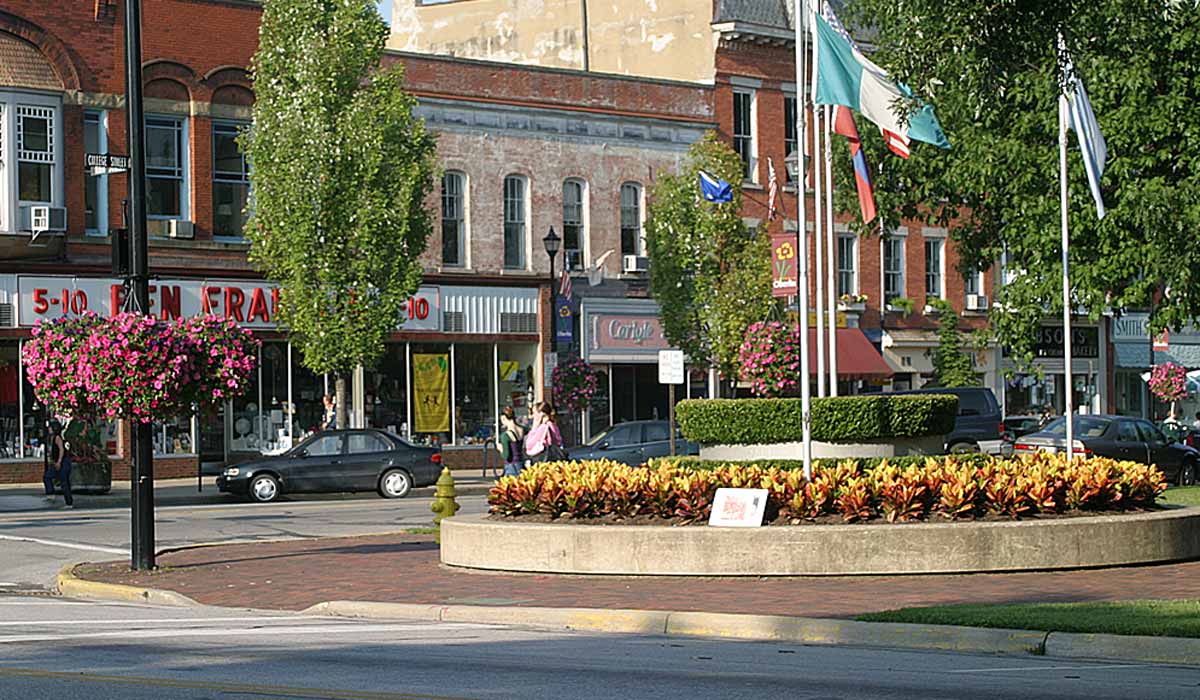
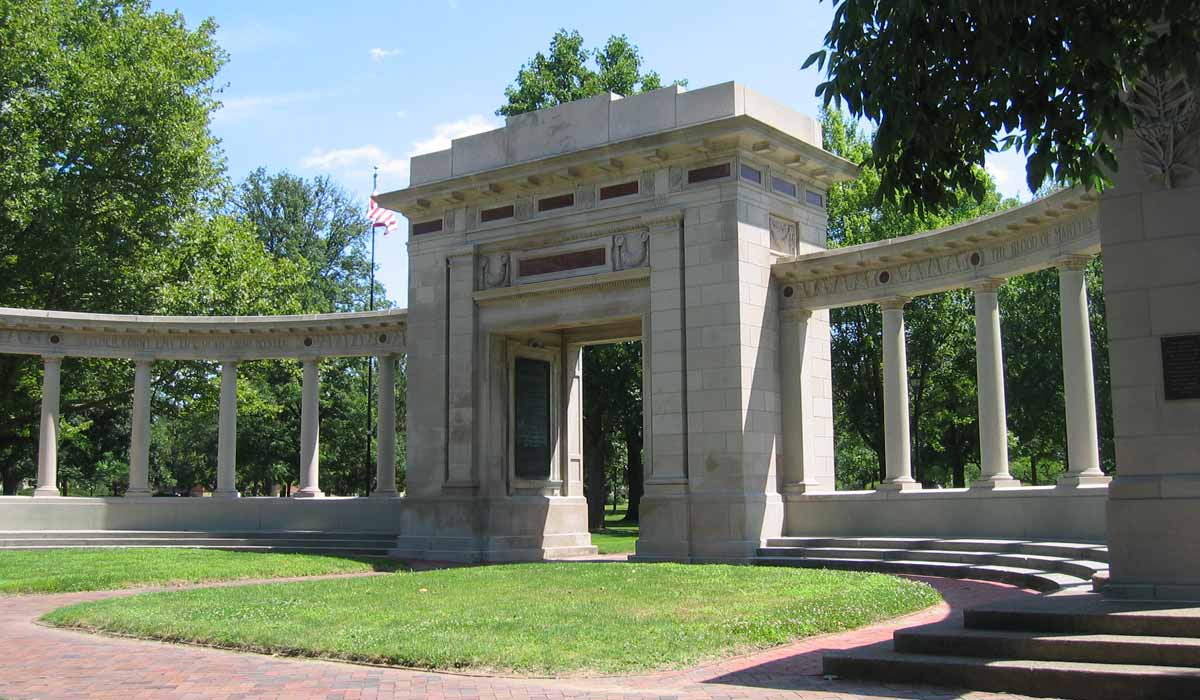




Leave your comment